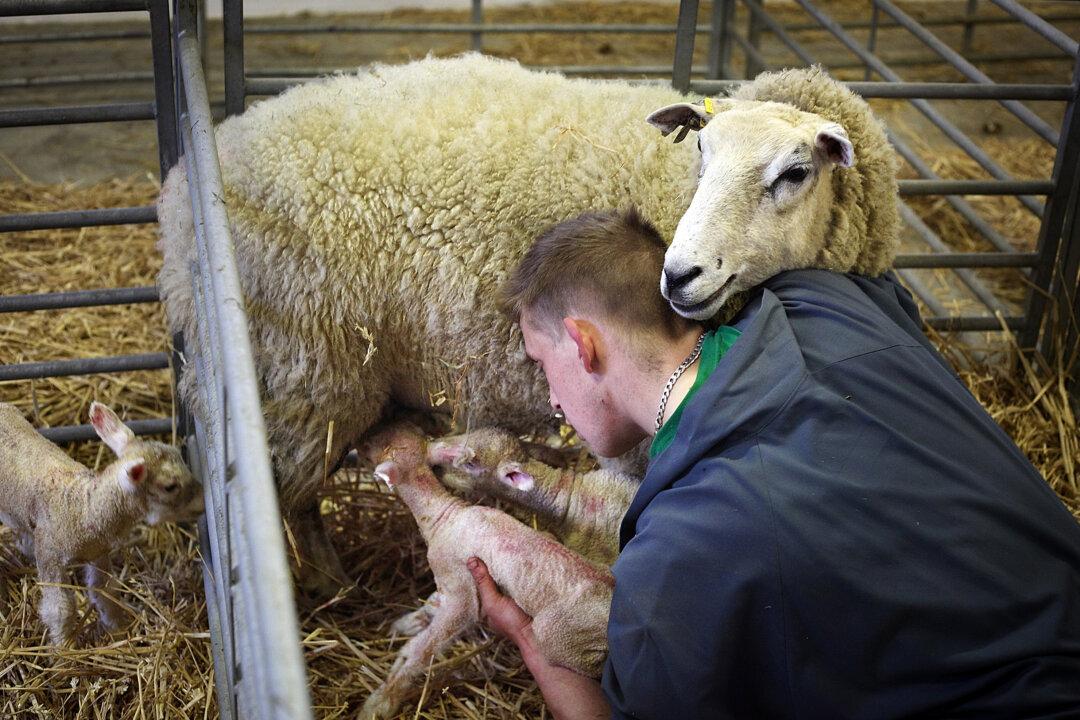It’s official: Farming is an ageing occupation—with voices in the industry saying Britain “desperately” needs more youngsters to choose it as a career, raising questions about who will produce the nation’s food in the future, and how.
Experts say that despite the appeal of new working practices to the younger generation, around 40 percent of farmers are 65 or older in the UK, with 59 the average age.



